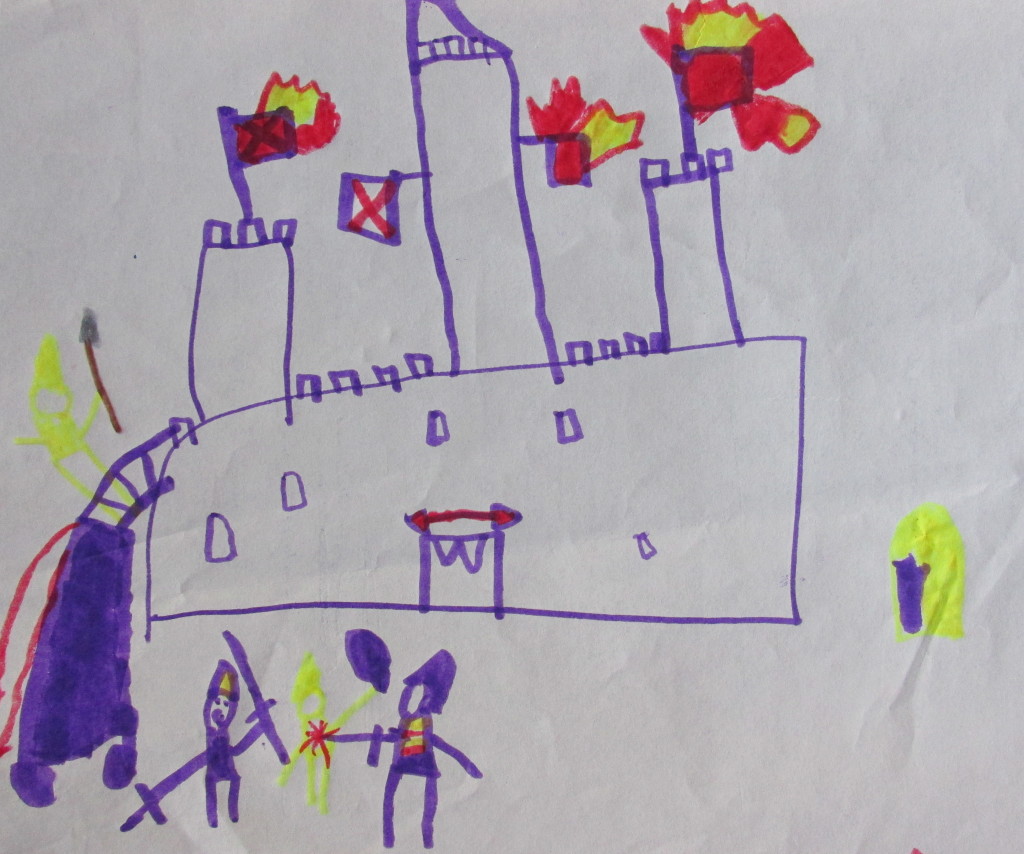Fantastic Fiction: Encouraging Young Writers
As our family moves through public school, I've heard six years' worth of teachers explain why kids don't write fiction in their class.
"Frankly, kids aren't very good at fiction. They only write about explosions, aliens and robots," one teacher told me.
One first grade teacher explained fiction wasn't part of the curriculum ("we focus on essay writing"). Others insisted that students should "write what they know, and kids only know about their own lives."
Hogwash. Or should I say Hogwarts. Kids know more about fantasy - the stuff of fiction - than most adults. A child writer can describe the intricacies of a mermaid's life or an alien who battles pirates with explosive powers better than what they had for breakfast.
With national education focus on hard-core skills like essay writing in elementary school, fiction writing is being pushed out from many children's lives.
As a writer, I know the hardest thing to teach in good writing is Voice. The structure of an essay can be taught later. We need to help our children find their unique voice, encourage their efforts, and give them ample practice. To love writing and get good at writing, a child needs to be able to express herself. Express the ideas that are bottled up inside. Often these ideas are about aliens, explosions and mermaids at first. If that's what's inside a child's soul, that's what she should write about.
Kids may not be very good at fiction writing. But they're learning.
Looking back at my own not-so-good writing as a kid, I learned a tremendous amount each step of the way:
- First grade. Expressing my ideas felt great. People liked my stories and treated me like a real author. I wrote 12 books about Leo the Lion before I could write. Adults wrote down my dictated words and helped me bind them up to look like real books.
- Second grade. I experimented with tragedy. I realized that killing all my main characters off didn't give a satisfying ending, just a sad one. Hmm... this was trickier than I thought.
- Third grade. I coped with my first rejection letter for a short story.
- Fourth grade. I wrote an overly-complicated story with unpronounceable names and realized that sometimes a simple story line can be more powerful.
My early stories were not good, but they allowed me to take the next step. What's more, I felt valued and listened to when I expressed myself through written words. If children need to express themselves with ideas about princesses living in towers or pirates who eat seaweed, then we should let them.
Young writers should write what is bursting from their souls.
Is fiction writing alive and well in your child's school? What were your favorite topics to write about as a child?
